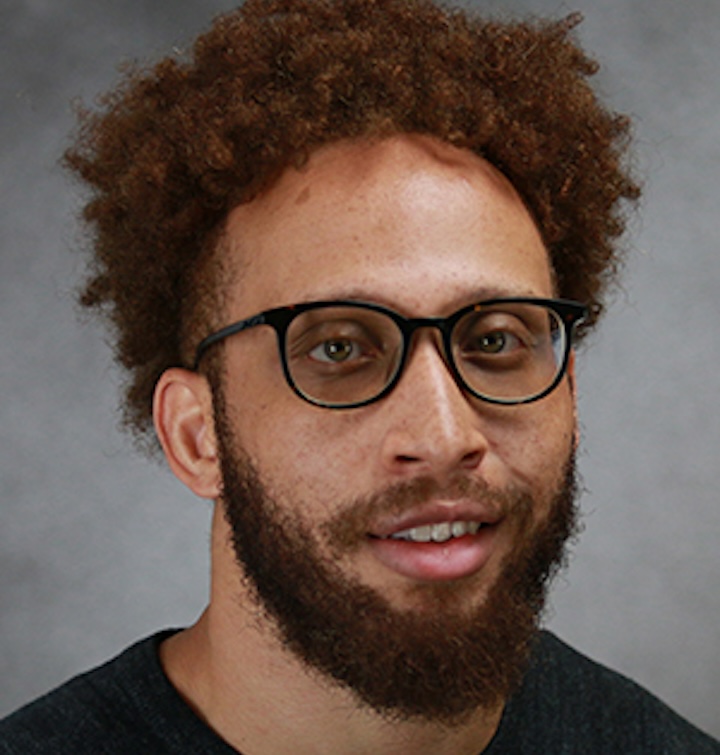Christopher Strickland
PhD Student
ABD
Before his initial entry into the University of Georgia (UGA) School of Social Work program, Chris Strickland organized student-led diversity, equity, and inclusion reform while engaging in the greater Movement for Black Lives (M4BL) as a direct-action facilitator and political advocate. Subsequently, he received his Master of Social Work degree with a concentration in community empowerment and program development from UGA’s School of Social Work, where he provided research assistance to UGA’s Foot Soldier Project for Civil Rights Studies. He supported several of the Project’s completed works, including the co-production of “Mary Frances Early: The Quiet Trailblazer.” He has also helped facilitate several premier UGA educational programming, introducing participating students to key perspectives of the U.S. 1950s and 1960s Civil Rights Movement and key icons’ unique participation in historical events for use in video production at the School of Social Work.
Most recently, Chris has worked as a doctoral graduate research assistant at UGA’s School of Social Work. He has assisted in projects ranging from local program evaluation to social work conceptual thought pieces, demystifying the discipline’s guiding conceptual underpinnings to aid in the redefinition of undergirding philosophies and structural targets for intervention. Currently, he researches processes of consciousness-raising pivotal to the success of contemporary social movements through immersive interactionist research approaches. Based on a theoretical framework spanning social psychology, sociolinguistics, and new social movement theories, his research agenda traces a centuries-long tradition of the struggle for black liberation to render the interactional processes by which bystanders to major movements for change unlearn the status quo, embrace radical ideologies, and become new spokespersons and champions for structural change. His doctoral research interests include new social movement studies, ethnomethodology, and critical pedagogies.

